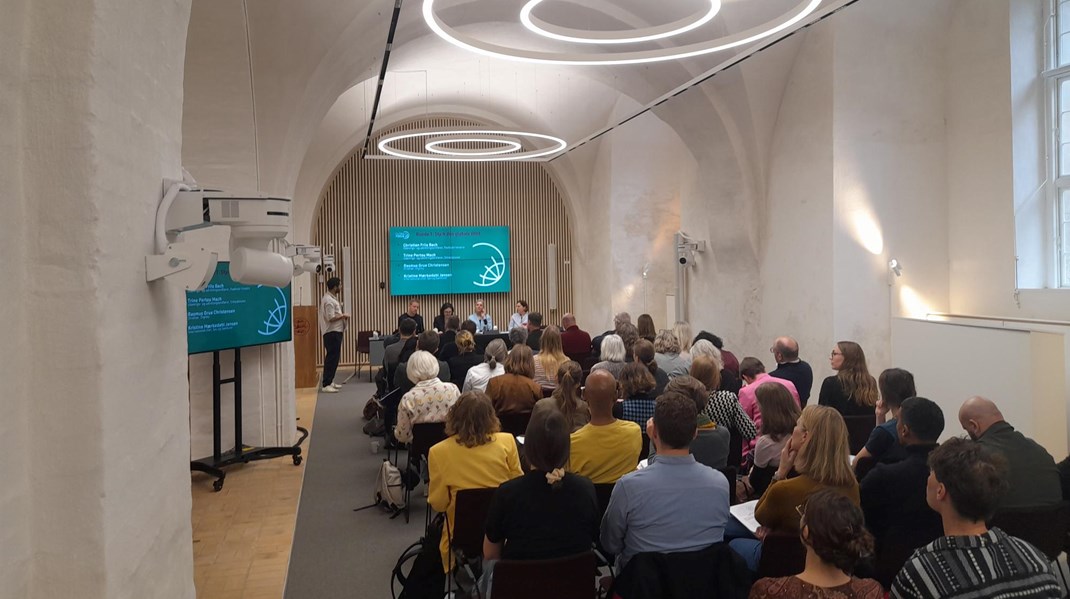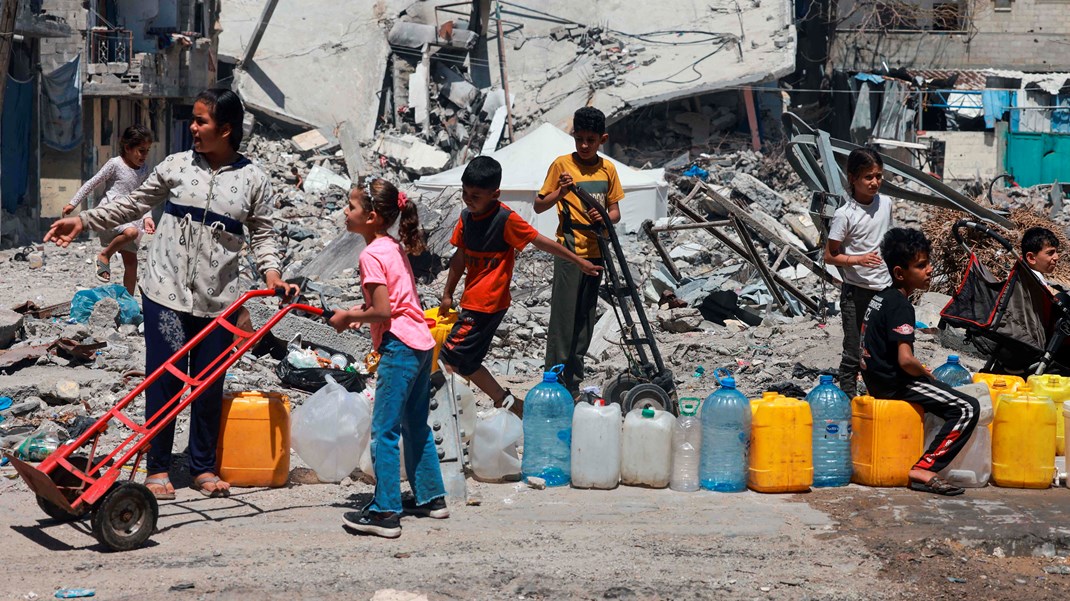Migrants must be included in Zika virus response
Switzerland - IOM Director General William Lacy Swing has called on governments to include migrants and mobile populations in Zika Virus preparedness and response plans.
They can do this by providing equitable access to culturally sensitive risk communication, notably for pregnant women, coverage of vector control and personal protective measures and inclusion in country surveillance measures, he said.
This follows this week’s (1/2) announcement by Dr. Margaret Chan, Director General of the World Health Organization (WHO), that the recent cluster of neurological disorders and neonatal malformations reported in Brazil – following a similar cluster in French Polynesia in 2014 – constitutes a public health emergency of international concern requiring global responses.
Dr. Chan urged a coordinated international response that would improve surveillance, the detection of infections, congenital malformations, and neurological complications, intensify the control of mosquito populations, and expedite the development of diagnostic tests and vaccines to protect people at risk, especially during pregnancy. The WHO found no public health justification for restrictions on travel or trade to prevent the spread of the virus.
IOM is particularly concerned about the vulnerability of migrants and mobile populations in countries with Zika transmission and other high risk areas. Dr. Davide Mosca, Director of the IOM’s Migration Health Division, said: “It is important that we do not leave anybody behind. Migrants are often forgotten in epidemic preparedness and response plans and may be at higher risk due to poor living conditions and lack of access to health services.”
He added: “At present, the most important protective measures identified are the control of mosquito populations and the prevention of mosquito bites in at-risk individuals, especially pregnant women.”
For further information please contact IOM’s Migration Health Division in Geneva, Email: [email protected]


